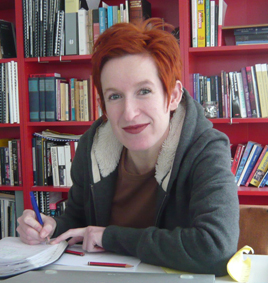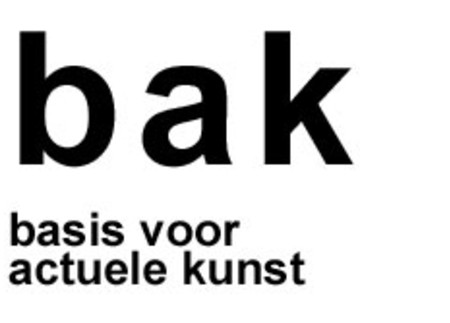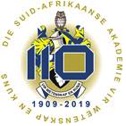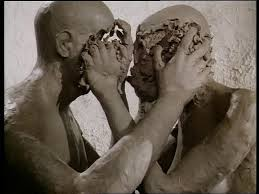About Me
 Monday, August 14, 2017 at 1:40PM
Monday, August 14, 2017 at 1:40PM 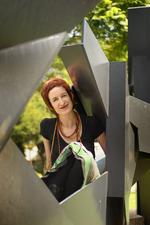 I am philosopher affiliated to the Department of Philosophy, University of Pretoria, South Africa as Full Professor. After the completion of my doctoral thesis in Philosophy at the Radboud University Nijmegen (NL), I conducted research at the Jan van Eyck Academie, Maastricht (NL) on the political dimension of art and cultural production. I still have strong and active collaborative ties with the Radboud University Nijmegen.
I am philosopher affiliated to the Department of Philosophy, University of Pretoria, South Africa as Full Professor. After the completion of my doctoral thesis in Philosophy at the Radboud University Nijmegen (NL), I conducted research at the Jan van Eyck Academie, Maastricht (NL) on the political dimension of art and cultural production. I still have strong and active collaborative ties with the Radboud University Nijmegen.
My research interests fall within the broad ambit of contemorary Continental philosophy (especially thinkers following in the wake of Heidegger with specific focus on the work of Foucault and Levinas) with an enduring facination for the inextricable entanglement of the ethical and the political.
In my present research, I am reflecting on the entanglement of European and non-Western, especially post-colonial African philosophy and the possibility of a dialogue across these divergent yet fundamentally intertwined traditions of thought.
The contested status of the Humanities, the ever increasing neoliberalization of our globalized life-world, the crisis of higher education, the increased democratization of university eduction and resultant massification, as well as the need for a critical reconceptualization of our curricula, have forced me to fundamentally rethink what sort of activity philosophy is and should be in the postcolonial context. The legacy of Western metaphysics have shaped my mind, but my body and heart belongs to the African continent. Thinking, as we know, is never merely rational and cannot be disconnected from its context. How then does a South African academic account for the schizophrenia of her European intellectual roots, on the one hand, and her postcolonial African situatedness, on the other?
From the very inception of my research career, my intellectual pursuits were animated by the need to understand the relationship between the Self and the Other. From the onset I was gravely aware that this is an inextricably ethico-political concern, that it lies at the very heart of human ethical quandaries, which cannot be extricated from its socio-political situatedness. It refuses reduction to a simplistic binary opposition, while at the same time often falls prey to what may be called ‘identitarian fundamentalism’ resulting in violent reductionism and a ‘closing of the mind’. Self and Other are inextricably tied in a double-bind that facilitates self-enrichment through the transgressive discovery of what is Other than itself. Yet the Self, by its egocentric nature operates by virtue of a reductive logic, reducing the Other to that which is merely provisionally separate from the Same, but ultimately reconcilable with it. This attraction-revulsion or love-hate binary, if you will, and a desire to make sense of the necessarily incommensurable entanglement is the golden thread that charts the course through my meandering research journey.
Download my complete CV here.
Some past and recent presentation recordings:
|
|
|
Debate topic: Concerning War. Soft Target. War as a Daily First-Hand Reality: Options and Strategies of Resistance. Participants: Lars Bang Larsen (curator, Copenhagen), Dieter Lesage (philosopher, Brussels), Benda Hofmeyr & Sagi Groner (artist, Amsterdam).
Symposium. Commemoration of NP van Wyk Louw - 50 years after his death.
|
